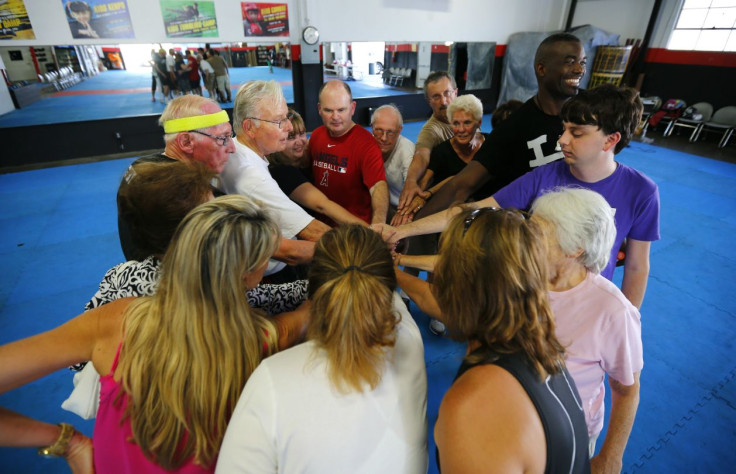New technique for dramatic improvement of memory bared in study

The findings of a new study indicate that brain connectivity patterns of people change when they practice a memory technique. More importantly, the study proves that the talent for remembering things is a matter of training.
Boris Konrad, one of the lead authors of the study, was a participant in the 2009 German Memory Championships. In that sports event, he was able to memorise 195 names and faces in 15 minutes, earning for himself a gold medal. He is a clear-cut illustration of the payoffs of training the mind.
For the recent study published in the journal Neuron, Konrad teamed up with Martin Dresler, a cognitive neuroscientist at Radboud University Medical Centre in the Netherlands, and other specialists from the Netherlands, the United States and Germany.
The whole point of the study was to prove that the average person can attain the level of a memory champion with the use of brain scans. The researchers used brain imagery to show how the brains of ordinary people start to resemble those of remarkable memories with proper training.
The memory technique
The memory technique that one needs to train for is called the Memory Palace or “the method of loci.” In simple terms, the method is a form of associating images with certain locations where words may be retrieved. For example, the words “grass” and “cow” may be assigned to the location of feet.
The memoriser may think of a grassy field on which his feet may tread as he encounters a cow. Another example would be to assign words like “sky” and “bird” to head. The person could think of turning his head to look up at the sky as a bird flies across it.
The study was participated in by 23 memory competitors and 51 people with similar ages, health and intelligence, but with only average memories. The average persons were divided into three groups.
The first group with no memory training at all showed no memory performance. The second group, which practiced with matching cards spread on a table, recalled 26 to 30 words before training. They remembered more by an average of just 11 words after 40 days.
The third group, which trained using the Memory Palace, more than doubled their initial memorising ability in the span of 40 days, as shown by fMRI scans. Their brain activities were akin to those of the competitors with the greatest memories.
A matter of training
It is one thing to gain fame for remembering names and faces. It is quite another to apply the “method of loci” to day-to-day practical use. Even memory champions may forget their house keys or lose identification cards. An integrated method that combines exercise, eating well, and other techniques may help boost memory.
Dresler summed up the irony by saying that if training is not applied, memory remains as unremarkable as it was before. Mnemonic training may also come in handy for people grappling with cognitive disorders, such as degenerative disorder Parkinson's disease that affects working memory and processing of sensory information and causes other problems when nerve cells in the brain do not produce enough of a brain chemical called dopamine.





















